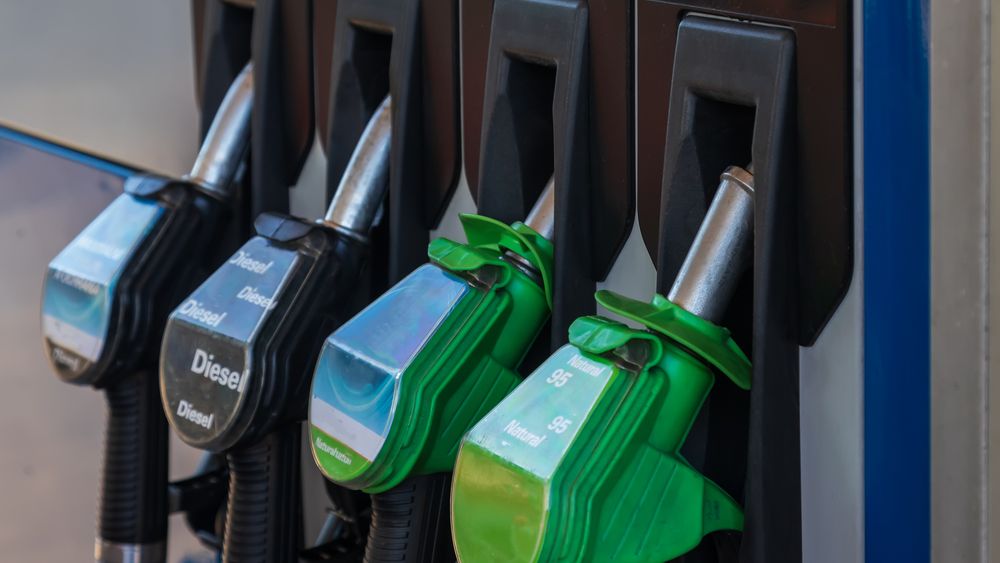Could Russia “deorbit” the International Space Station (ISS), as the conflict in Ukraine rages? For Jean-François Clervoy, engineer and astronaut at ESA, there is currently no reason to be alarmed.
Could the war between Russia and Ukraine take place in space? The question arises, several days after the series of tweets by Dmitry Rogozin, director general of the Roscosmos space agency. “If you block cooperation with us, who will save the ISS from an uncontrolled exit from orbit and a fall on the United States or… Europe?” he wondered on Twitter.
“It is also possible that this 500 ton structure will fall on India and China. Do you really want to threaten them with such a prospect?” continued Dmitry Rogozin, arguing that in the event of a disaster the debris from the ISS will not fall on Russia since it does not fly over it.
Russia and the United States “functionally interdependent”
For Jean-François Clervoy, engineer and astronaut at the ESA (European Space Agency), there is no need to be alarmed. “The ISS is divided into two modules, and only the Russian segment indeed has propulsion capabilities, allowing the station’s orbit to be adjusted.” The Russians would have no interest in undocking from the ISS, since they depend greatly “on the solar panels located at the other end of the station for the supply of electricity, in the American module”. “Physically, neither party would benefit from parting with the other. In space, Russians and Americans are functionally interdependent,” notes Jean-François Clervoy.
“In addition, Dmitry Rogozin is used to outings of this kind. If the sentence could have alarmed, he quickly reconsidered his positions, and reaffirmed the partnership between Roscosmos and NASA”, continues the space engineer.
To date, the International Space Station is therefore not threatened by the conflict in Ukraine. “The two parties concluded that it was necessary to maintain their cooperation”, explains the French astronaut. Note, however, that this interdependence could soon end, the Americans are indeed developing their own means of propulsion to the ISS, via Elon Musk’s Crew Dragon capsule.
–


:quality(70)/cloudfront-us-east-1.images.arcpublishing.com/elfinanciero/PDIGQWEH4ZGYJKFQF6HRF6444I.jpeg)